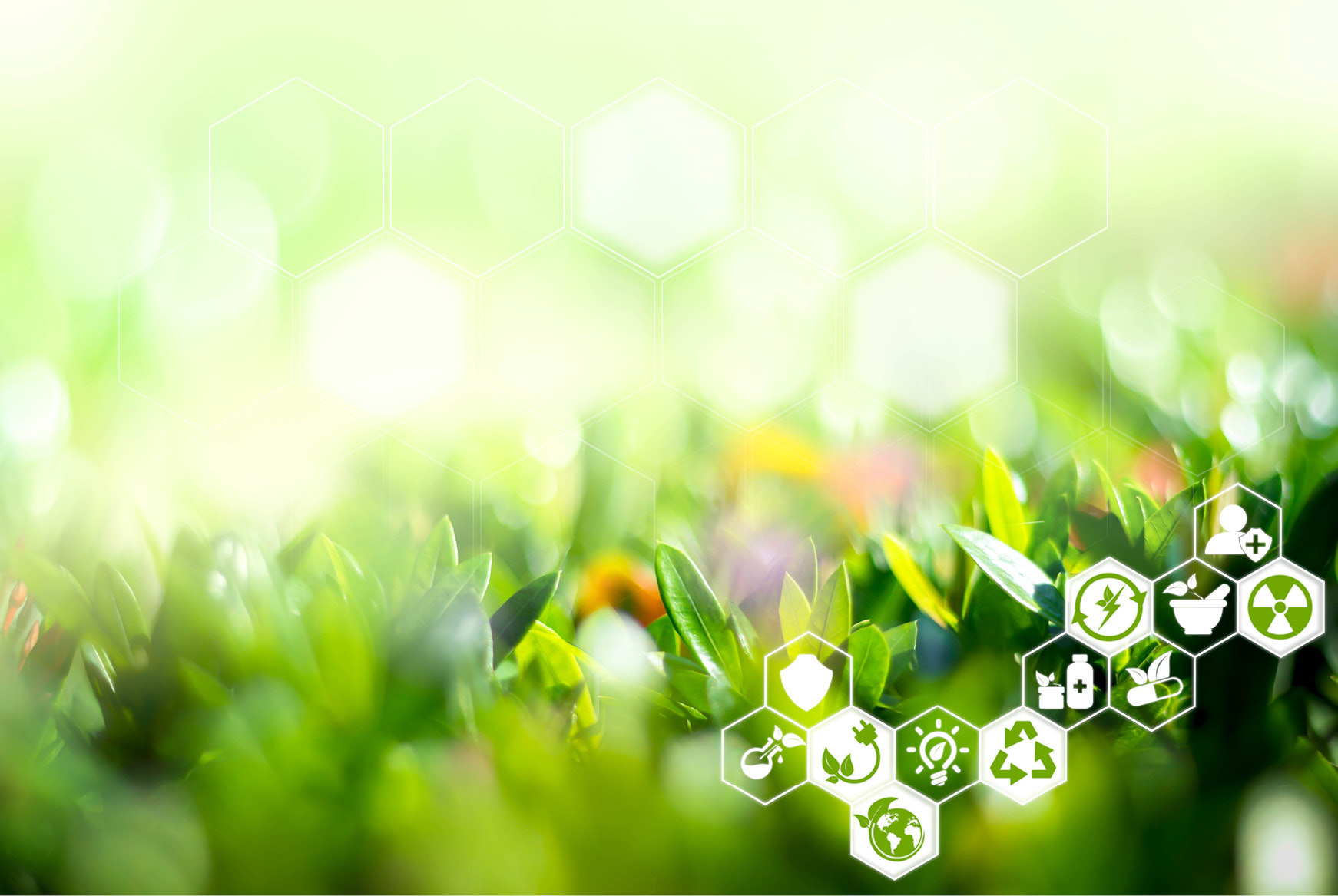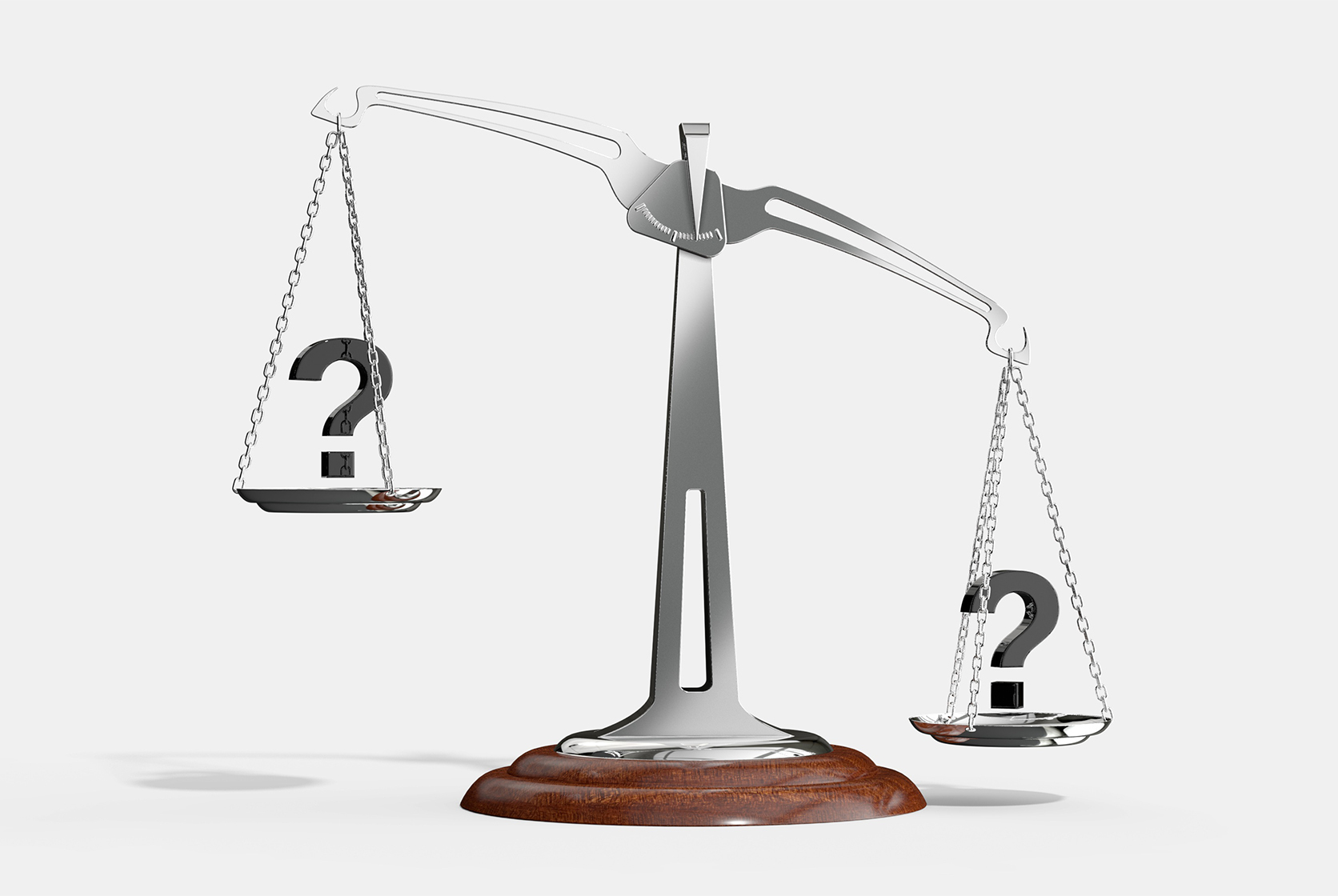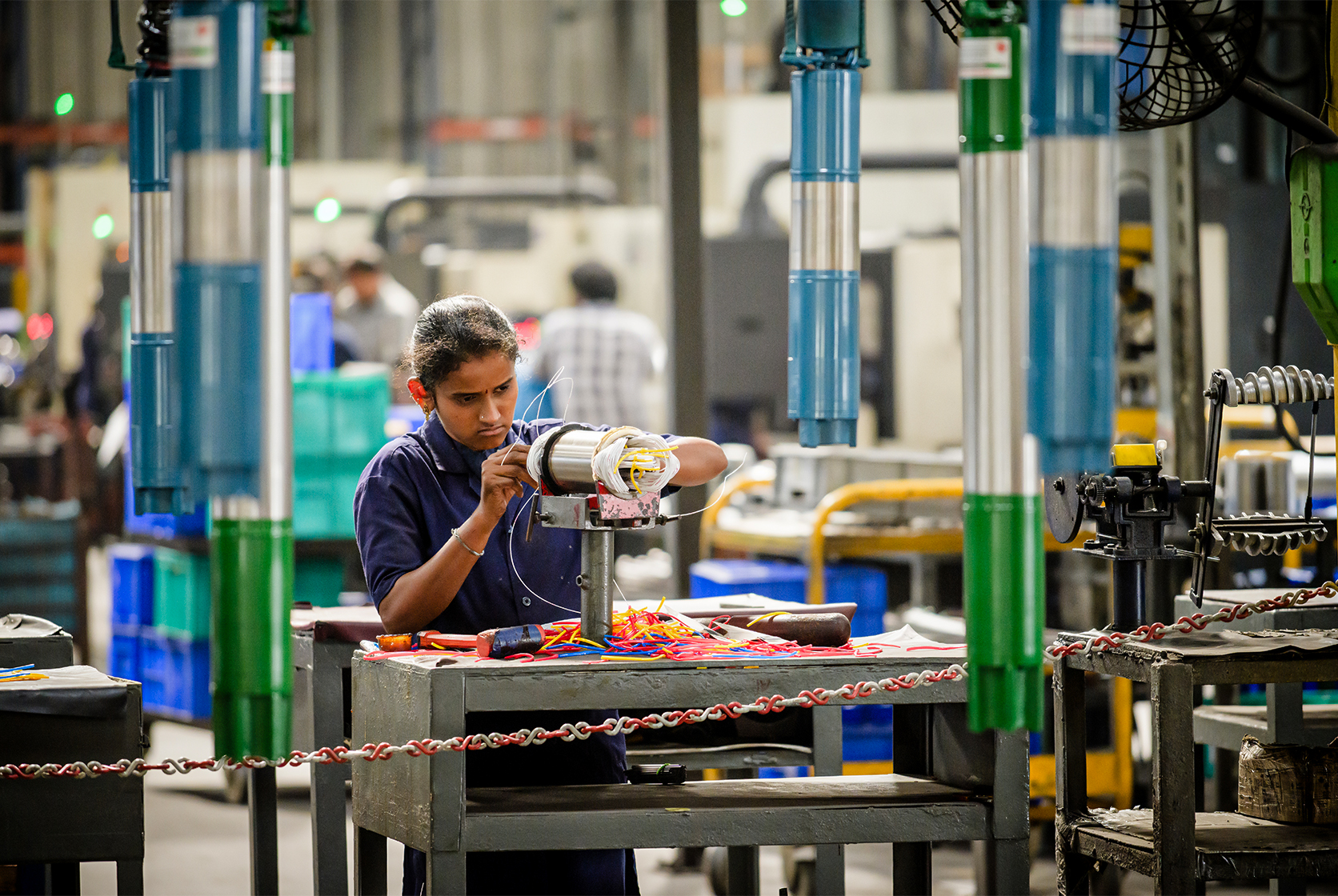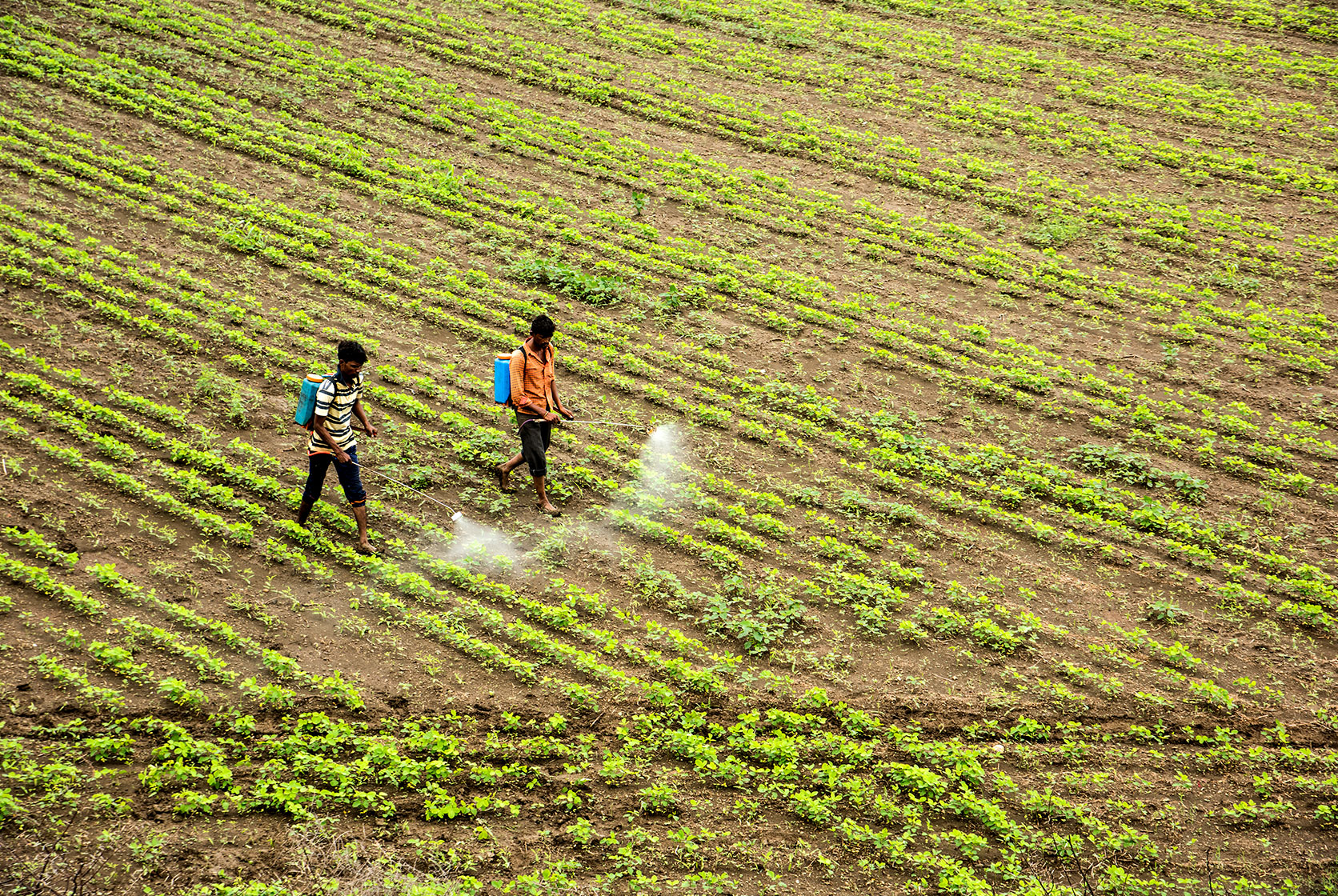Blockchain And Agriculture
Hal Varian, Chief Economist, Google, said, “The ability to take data – to be able to understand it, to process it, to extract value from it, to visualise it, to communicate it – is going to be a hugely important skill in the next decades.” Truly, there is absolutely no doubt in the fact that data drives almost all our activities and lives daily. So, it is safe to say that data will outlive almost anything today. Collection, analysis, distribution, and other processes related to data are becoming even more sophisticated with each passing day.
And this is where blockchain comes in. And it is relevant not just in the world of databases and financial transactions but also in agriculture.
Investopedia defines blockchain as “a distributed database or ledger that is shared among the nodes of a computer network.” It differs from a typical database in the facts that in a blockchain, the data is:
-
Structured in groups or blocks
-
Decentralised or distributed
-
Permission-less and
-
Free of the need of an administrator
Blockchain is popular in banking and financial services and has found its way into agriculture as well.
Blockchain And Agriculture
The use of databases to collect, analyse and manage information related to a vast array of aspects of agriculture is immense. Some of the important applications of data management are:
-
Weather information
-
Seed quality
-
Supply chain
-
Crop growth
-
Market conditions and prices and
-
Agricultural finance
Blockchain has a role to play in almost all the above areas (and a few more).

Supply chain management seems to be one of the biggest applications of blockchain. With its ability to track the journey a plant makes after it leaves a farm, blockchain gives people the ability to control information and enjoy transparency in the process. It levels the playing field for small farmers too. The decentralised nature of blockchain means that information is no longer the domain of the ‘influential’.
Different stages
Blockchain technology can support data generation across multiple stages and in multiple ways. Stages such as monitoring soil & crops, supply chain, distribution, warehousing, retail outlets or marketing channels lend themselves to blockchain. Multiple kinds of data can be collected from each stage:
-
Soil data
-
IoT devices can help with irrigation, fertilisers and pesticides data
-
Weather information
-
Transportation data
-
Food safety and
-
Compliance data too
Benefits of blockchain processing
Gathering and analysing such a vast array of information can lead to benefits such as:
-
Better usage of land & resources
-
Efficiency of logistics and supply chain
-
Flood mitigation
-
Financial transparency and
-
Dealing with food recalls too
Traceability of information is one of the vital aspects of using blockchain in agriculture and this traceability can, in turn, go a long way in improving food safety.
States such as Jharkhand, and Punjab are adopting blockchain technology to help track seed distribution and smart farming solutions. Natural farming, farm exports, and maintaining records of land ownership can also be helped immensely by blockchain technology. And the consumer, who is at the end of the agricultural ‘line’, will also receive help from blockchain since they now have the wherewithal to make better choices.



